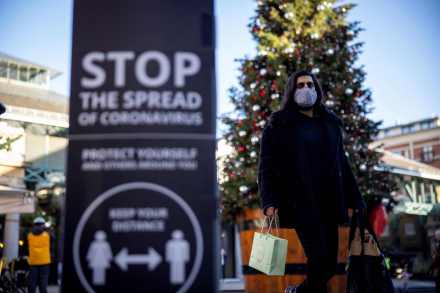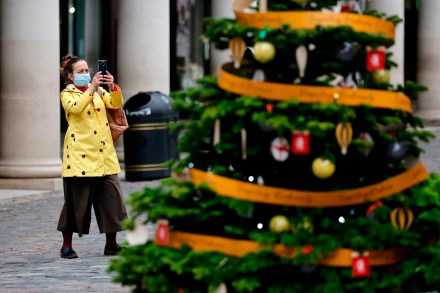Covid has left Britain printing money like never before
Lockdown is convulsing the British economy on multiple fronts. ‘Going to work’ has been upended, hitting transport and commercial property sectors. The demise of the high street accelerates as online retail surges. Yet the definitive Covid-related economic trend is happening within the national accounts, as the government spends vast sums on furloughing and other business support, while our locked-down economy struggles to generate tax. This has big implications for investors. The UK borrowed an astonishing £215 billion between April and October, almost twice the annual NHS budget. Our national debt now exceeds £2,000 billion — and just outstripped annual GDP, a first in our peacetime history. Amid renewed lockdown, with




















